Deep Reading and the Digital Life
The value of lingering in difficulty

This is the crisis of complexity. And its implications are far-reaching. A society that can no longer read complex texts may soon find itself unable to think complex thoughts or to recognise when they are missing. In that context, reading becomes not just a cognitive act, but a civic one: a rehearsal for the intellectual stamina that democracy requires.
--Carl Hendrick, Ultra-Processed Minds: The End of Deep Reading and What it Costs Us
A recent spate of surveys with data about reading habits are cause for concern, for libraries and librarians, for public and private school teachers, for college faculty, and for all interested in the fate of literacy in our rapidly mutating environment addressing the unknowns of artificial intelligence. Concerns about reading are closely intertwined with recent data interpretations about other intellectual skills and mental habits, all pointing to issues with attention itself.
While hardly new, the concerns about declines in reading for pleasure and deep reading are now amplified by these findings, as summarized in a Washington Post article:
Reading for pleasure: just 16 percent of Americans who are age 15 and over read every day (based on a study in iScience, conducted by researchers at University of Florida and University College London)
This compares to the baseline of 28 percent who read for pleasure in 2003
This survey involved 240,000 Americans with a time-use study for twenty years (2003-2023)
The study found only a very small percentage of participants, 2 percent, read to children every day
Another survey from YouGov, found that 46 percent of adult Americans read no books at all in 2023; reading, not surprisingly, is strongly correlated with level of education, with those with college degrees reading much more than those with high school or lower educational levels
Print book purchases were off in the first half of this year (2025) by 1.6 percent—a potential correlation with continuing declines in reading, especially reading nonfiction.
As the researchers from the University of Florida and University College report, their studies are based on observational data and therefore cannot identity reasons or causes for the declines in reading. Their sustained work with this challenge, however, suggests the opportunity costs involved with digital media consuming much more attention, with some economic forces, and with lack of role modeling by adults of reading behaviors, for children. Thus reading as a societal concern, not just for individual improvement and reading pleasure, becomes an intergenerational challenge.
Further evidence about declines in reading skills come from the NAEP (National Assessment of Educational Progress). The most recent results show a decline in reading among 12th graders, about a third of whom did not have basic reading skills. The oft-imputed cause of “learning loss” caused by the pandemic is one explanation, as are the lingering effects of standardized testing. Screen time itself is often supplanting traditional reading assignments and reading habits, as more generations—and not only high school students—are consuming information, texts, images, short videos, and streaming video, as an alternative to reading traditional formats.
That deep reading should now be noticeable by its very absence is not surprising in a time of constant distractions and fractured attention spans. The problem has accumulated—actually accelerated—for several decades. The advent of personal computers in the early 1990s did not in itself cause declines in the sustained attention needed for deep reading, nor did the advent of graphical web browsers in the mid-1990s, expanding the opportunities enormously for lateral reading through hyperlinks, instead of linear processing of texts. However, more recent societal forces as well as technological developments have coalesced to seize the attention of educators, parents, and citizens around the world.
Reading and Other Mental Challenges
A complementary set of data and analysis of it, about potential challenges with mental focus, problem-solving, reading, and numeracy, was recently published in The Financial Times. The analyst John Burn-Murdoch, the paper’s data specialist, wrote “Have Humans Passed Peak Brain Power?”, pointing toward declines in reading, mathematics abilities, and scientific knowledge, of 15-year olds, based on the OECD’s PISA survey covering multiple countries.
Burn-Murdoch notes these as troubling longer term trends over the past two decades—not just as a pandemic inflection, and also points to the results from the Monitoring the Future Survey that 18-year-olds, since the 2010s, report increasing difficulties with concentrating and sustaining attention. Burn-Murdoch attributes this change, after stable trends in the preceding decades, in part to the ubiquitous presence of digital devices and screen time, and even more important, to a fundamental change in our relationship with the “torrent of information” and a fractured media ecosystem. He notes a resulting passive consumption of information, rather than a more deliberative, thoughtful approach to engaging with it. Deliberative and careful reading is overwhelmed and pushed aside by the constantly stimulating digital onslaught of short texts, notifications, images, and videos. Attention itself has become a scarcer human capacity, in many developed countries, in the past two decades.
British journalist James Marriott and American academic Jared Henderson also address cogently the value of reading longform texts, and the distractions from social media, in their podcast interview “The Dawn of the Postliterate Society”—perhaps an irony, but their concerns about declining literacy in general and the lack of disciplined attention needed for deep reading are compelling. The replacement of text-based reading by digital consumption, much of it trivial, affects human interactions in numerous ways, according to Marriott and Henderson.
The Accelerating March Toward the Simulation
Early warning signs for the coming vortex of attention fragmentation and distractibility have become almost like clanging warning bells, reaching what some Gen Z writers focused on “civic attention” now call “The Simulation”: a construction of an artificial digital world, with algorithmic addictions to a hyperreal social media circus, with its “fun-house mirror” distortions, shuts out reality-based experiences and human connections. The opportunity costs of living in that social media world are enormous-- deep reading, the cultivation of inwardness and reflection that accompanies it, and the possibilities for conversation with others in that deeper reflection, become impossible. For too many, there is only the constant flickering and jumping from one entertaining meme and video segment and “influencer,” from one notification, to another, in a swirl of accelerating and addictive stimuli.
Searching for entertainment and diversion to distract from boredom in the midst of otherwise prosperous societies, as Anna Lembke has explained through her decades of neuroscientific research on a wide range of addictions, has become a search for “connectedness” that ironically does not produce connection and belonging. Nicholas Carr also describes in his recent Superbloom: How the Technologies of Connection Tear Us Apart, the accelerating social breakdowns, and the decline in shared human understanding, that are fomented by waves of digital technologies that promise “connection” but produce estrangement . Enlarging the aperture further is Christine Rosen’s The Extinction of Experience: Being Human in a Disembodied World—a wide-ranging exploration of the loss of physical presence and voice, and personal interactions, that create shared human experiences.
Another recent exploration of attention itself, as an essential habit of mind that trains it for sustained thinking, is Johann Hari’s Stolen Focus: Why You Can’t Pay Attention and How to Think Deeply Again. Hari’s self-exploration, interviews with experts, and wide research on the “attention” problem point to a wide range of social, technological, and environmental issues that are shortening attention—and suggests that societal-level interventions, as well as individual changes, will be necessary to address it.
Finally, Chris Hayes’ The Sirens’ Call: How Attention Became the World’s Most Endangered Resource especially calls out the “attention capitalism” of large technology companies and their design of addictive algorithms that have commodified attention itself for profit and power—turning their strategies into invasive forces inside our heads and our emotions.
It isn’t possible to address the issue of attention deficits and distractibility without including the concerns raised by Jon Haidt in his Anxious Generation. The book has been read widely and internationally, with growing impact, because it resonates with the experiences, and both educational and moral concerns, of many people in multiple countries. Haidt’s recommendations have resulted in smartphone bans or restrictions in schools, in 17 states and a growing list of countries are developing bans or restrictions of their own, including Brazil, France, Italy, Sweden, Finland, Spain, Australia, the Netherlands, and South Korea.
The book most specifically addresses attention fragmentation in Chapter 5, as one of the harms caused by specific social media platforms, and smartphones, the conduits for social media immersion, even addictions. Sustaining attention and learning become hugely challenging, if not impossible, in classrooms where smartphones are always present. Haidt’s arguments about the opportunity costs of social media addictions and their impact on human interactions, conversations, and ability to focus and concentrate, are cogent. His arguments about the opportunity costs associated with phones and excessive screen time are especially bolstered by a recent study conducted by the research firm Fluid Focus, which found that students who start using the devices in this way at age 11, and projecting out to age 83, with 5.5 hours a day spent on screens, year round, would mean that a full 25 years of screen time would result over the lifespan. This is an arresting example of the totality of the “digital life” replacing other human interactions and activities.
Even the careful political scientist Yascha Mounk, not someone given to “moral panics,” and who previously declared himself a “noncombatant” in the debates over the effects of social media, recently wrote about the emerging impact of the digital life, drawing on Burn-Murdoch’s research and the results from other surveys about the impact of the Internet, and now calls for a reassessment of the impact of online life, in “How We Got the Internet All Wrong.” Carefully considered accounts from leading public intellectuals like Mounk and others are pointing toward a shift in social interactions and in public discourse in the online sphere.
These accounts are both research-based, even with evidence contested by some, and are deep explorations of our current shift to the “digital life”, and the consequences for attention, learning, engagement with others, and of course, with reading as a human activity with implications for sustaining democratic discourse in a time when attention and civil discourse are very much needed.
That digital environments of an especially dark kind, saturated with the meme culture, and having a radicalizing effect, may cause disaffected individuals to act out in violent ways, counter to the mental complexity and relational empathy developed by deep reading, is entirely plausible. Journalist Claire Lehmann points to possible causes for the violent and nihilistic behavior in the suspect in the recent political assassination of Charlie Kirk. This dark trend in the “digital life” is a society-wide challenge for all concerned citizens, regardless of politics.
The Longer View from the Past.
The search for diversions and entertainment, and away from effortful engagement with complex texts and challenging ideas, may not describe the totality of our current epistemic, political, and educational challenges. But the almost prophetic voice of Neil Postman in two books, Amusing Ourselves to Death: Public Discourse in the Age of Show Business, and Technolopy: The Surrender of Culture to Technology, from decades ago, anticipated much of what more recent thinkers now describe as our “digital life.” Postman pointed toward television as focused on entertainment, shallow presentation of complexities, and banal attention-getters (i.e., commercials of television then as precursors of the celebrity culture of “influencers” in newer media formats now).
Postman’s predictions about the impacts of television and the visual culture anticipate some of more focused concerns expressed by Sven Birkerts in his Gutenberg Elegies: The Fate of Reading in an Electronic Age. Birkerts identified in the 1990s the move from deep engagement with longform texts (of whatever genre, through primarily of imaginative literature), involving “vertical reading,” to “horizontal” or superficial reading, involving a shift from inwardness and contemplative self-regulation to a faster-paced skimming. The result is little understanding of implications of words and the larger architectures of texts—and less reflection that might change one’s perspective as a result. The impact of information technology of that time was already alarming to him. The flitting over and skimming of pages and screens that Birkerts wrote about defy the development of coherent thought and the ability to remember the richness and suggestiveness of imaginative literature, or even, too often, literal recall of details from any text. Birkert’s claims about the necessity of longform reading resonate especially now with recent reports on declines in reading abilities.
The most profound work to draw on in reflecting on the fate of reading and literacy itself, however, is Walter Ong’s Orality and Literacy. First published in 1982, this book reaches much deeper into human consciousness, and human mental and social habits, across history. It traces the shift from oral cultures across the world, their storytelling habits, practices of memorization, and highly stylized figures of speech passed across generations, to the “technology of writing” itself, which caused enormous changes in thinking, moving from the performance of story-telling into the inward life, the “interiorization” of narratives. Print literacy was the result, which resulted first in elite forms of literacy among users of writing systems, then producers of manuscripts among the learned, and later, of course, in publishing for larger audiences with shifts in reading habits especially democratized in western Europe and other regions during and after the 18th Century. Ong’s exploration shows how reading and writing together altered forms of cognition and culture, with more analytical thinking habits and sustained reasoning chains, the growth of philosophy and science, and the resulting scientific method for truth-testing.
A large question now is whether a retreat from in-depth reading will return us to pre-literate habits of an oral culture, made possible by the brief “shorts” of social media, with entertainers spinning stories, whether on TikTok videos or YouTube videos. The advent of A.I. chatbots with “compressed texts” where students and others are not generating their own meanings or perspective, but only gaining summaries of complex texts in a “frictionless” maneuver, is another example of moving into a post-literate culture. Ong’s all-compassing view of how deep psychological and cultural shifts occur takes us into another realm of informed thinking about the future of reading and the attention required for it.
Practical Guidance about Reading
Against these philosophical but necessary explorations of reading and literacy, two scholars stand out for research-informed accounts of reading and the qualities of mind needed for it.
First, cognitive psychologist Daniel Willingham’s The Reading Mind, breaks down the mysterious process of reading that we all use, without being aware of the steps, after learning to read in childhood. From recognition of letters, and sounds involved with them, to word recognition, to sentence-level sense-making, and longer structures of text, Willingham’s superb explanations make the process of reading understandable to all. His book explains the motivation needed to sustain a practice of reading, with a “virtuous circle” of successful reading and curiosity about books and other formats leading to more reading, and more ambitious reading goals, in a self-motivating process. On the matter of distractions from technology, he is more skeptical about its impact, but does state that student boredom may lead away from more challenging mental tasks because of the temptations of ubiquitous technology such as smartphones. Willingham’s cognitive research and its applications in K-12, on reading and other core academic tasks, are one of the best examples in the academy of applied research to improving education.
The other outstanding scholar of reading, Maryanne Wolf, is known for her investigations into the nature of reading itself in Proust and the Squid, and more recently, her inquiries into how the “reading brain” functions in an increasingly digital world, in Reader, Come Home. Wolf’s account in that book, drawn from multiple disciplines, of the best features of deep reading, suggests that those features may be fading. These include the ability to struggle with ambiguity and uncertainty, the cultivation of empathy, the willingness to suspend a facile search for “right” or “wrong” answers, and the development of perspective-taking. More students—indeed, all generations—are finding screens and all that they create for viewers and listeners, more alluring.
Wolf formulated an apt phrase, cognitive patience, that expresses an essential quality needed for deep reading, and that is further developed by its practice: the ability to live with unsettledness, to grapple with an author’s challenging style or use of codes or symbols, or even to use inferential skills to sustain attention within a longform text. This ability to “linger in difficulty,” in Carl Hendrick’s phrase, is crucial to numerous forms of problem-solving in academic tasks and in everyday life. The inability or unwillingness of more people to live within that state of mind long enough for meaning and understanding to emerge also makes for more challenges in other arenas, such as conversation, dialogue, and public discourse.
The ability to “linger in difficulty” in reading a challenging book, article, online post, or other format suggests mental habits needed to reflect on large sociopolitical issues: the ability to tolerate diverse viewpoints and disagreement; to live with uncertainty on contested issues; to suspend judgment and exercise “cognitive patience” in the social world. It is at least a plausible hypothesis that intensity of affective polarization would diminish if more citizens “lingered in difficulty” instead of demanding facile answers; did not dismiss experts and scientists as always untrustworthy (even though experts and scientists are fallible); thought more independently instead of finding refuge in a tribe; or considered multiple causes and used probabilistic reasoning for complex phenomena such as income inequality, racial disparities, climate change, the causes of autism (beyond the bogeyman of childhood vaccines), and the supposed “censorship industrial complex” designed by “elites” across the globe (national policies on censorship are often a different issue, as evidenced by laws in the U.K.).
The ability to “linger in difficulty” is an urgent counter to the “blind moral certainty” of which T.C. Williams writes in his recent Summer of Our Discontent, about the summer of 2020, in which complexity and nuance fled the public discourse because overwhelmed by dogmatism, conspiracism, media bias from multiple sources, reputational incentives, motivated reasoning, and tribalism of too many individuals and groups.
Deep reading is an especially telling sphere for “cognitive patience” to train the mind and discipline it for attention that creates the “virtuous circle” of which Willingham writes, for self-education through extended reading practices to occur—and to resist the pull of “blind moral certainty.”
Questions for librarians and potential collaborators
Some of the data, scholarship, and perspectives introduced in this article should create concerns but also actionable planning for librarians in all types of libraries, and for those with whom they collaborate—whether K-12 teachers, literacy specialists, college faculty, teaching and learning centers on university campuses, academic study centers, tutoring specialists, and community resources such as independent bookstores, reading festivals, and book clubs. Many of these are found on campuses and communities already; developing coordinated strategies “at scale” for wider adoption of deep reading practices across generations should be the goal.
Some questions specifically for librarians include:
How can libraries build on the “third place” and “civic solitude” ideas for creating the “cognitive patience” (Maryanne Wolf’s phrase) needed for deep reading?
What partnerships can best be deployed to create alternatives to social media and excesses in technology use that displace reading practices?
What incentives for effortful learning (through deep reading and related practices) should librarians, teachers, and college faculty, use?
How can “reading champions” be used as peer influences? (among public schools, community groups, adults in citizen groups)
How can librarians collaborate with disciplinary faculty on best uses of A.I. agents as deliberately thoughtful “assistants” for deeper reading rather than as substitutes for that kind of reading?
Conclusion
Reading of a particular type—deep reading—is necessary to sustain critical inquiry, expand one’s understanding of complex and sometimes imponderable issues, live with ambiguity, and participate in civil discourse in a liberal democracy. The kind of literacy made possible by deep reading is an accomplishment that departs from the way the human mind works naturally, and is a civilizational achievement, especially when encompassed within norms of truth-seeking and the virtues of intellectual carefulness and intellectual humility. It is an achievement requiring participation from multiple parties and professions, to sustain and renew. Libraries and librarians can become active forces—activist in this particular sense--in renewing deep reading and its foundational role in democratic citizenship.

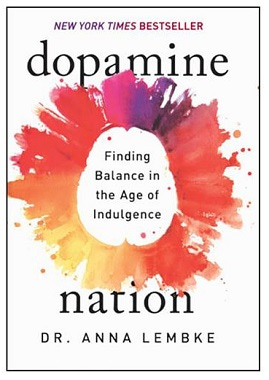
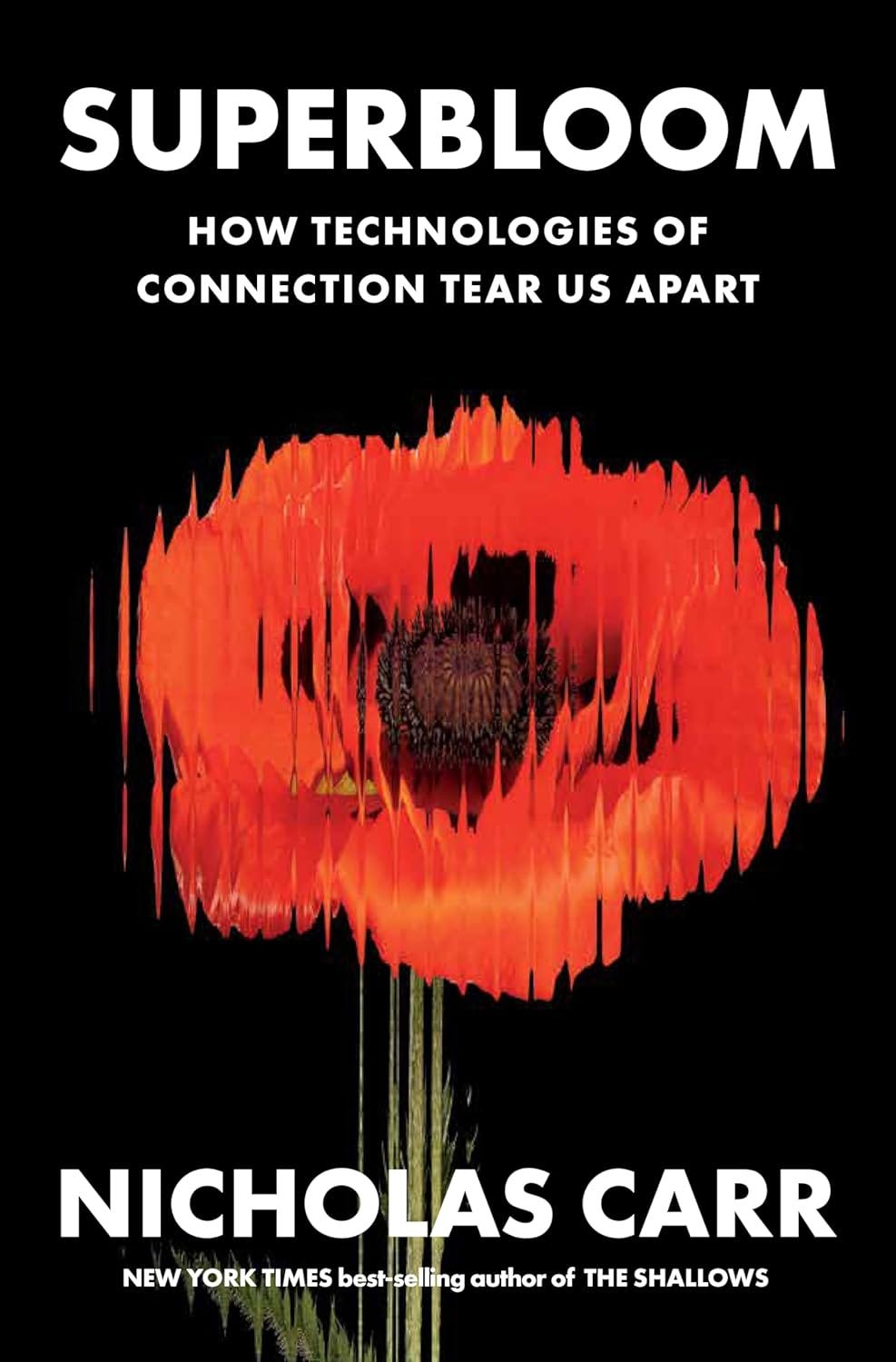
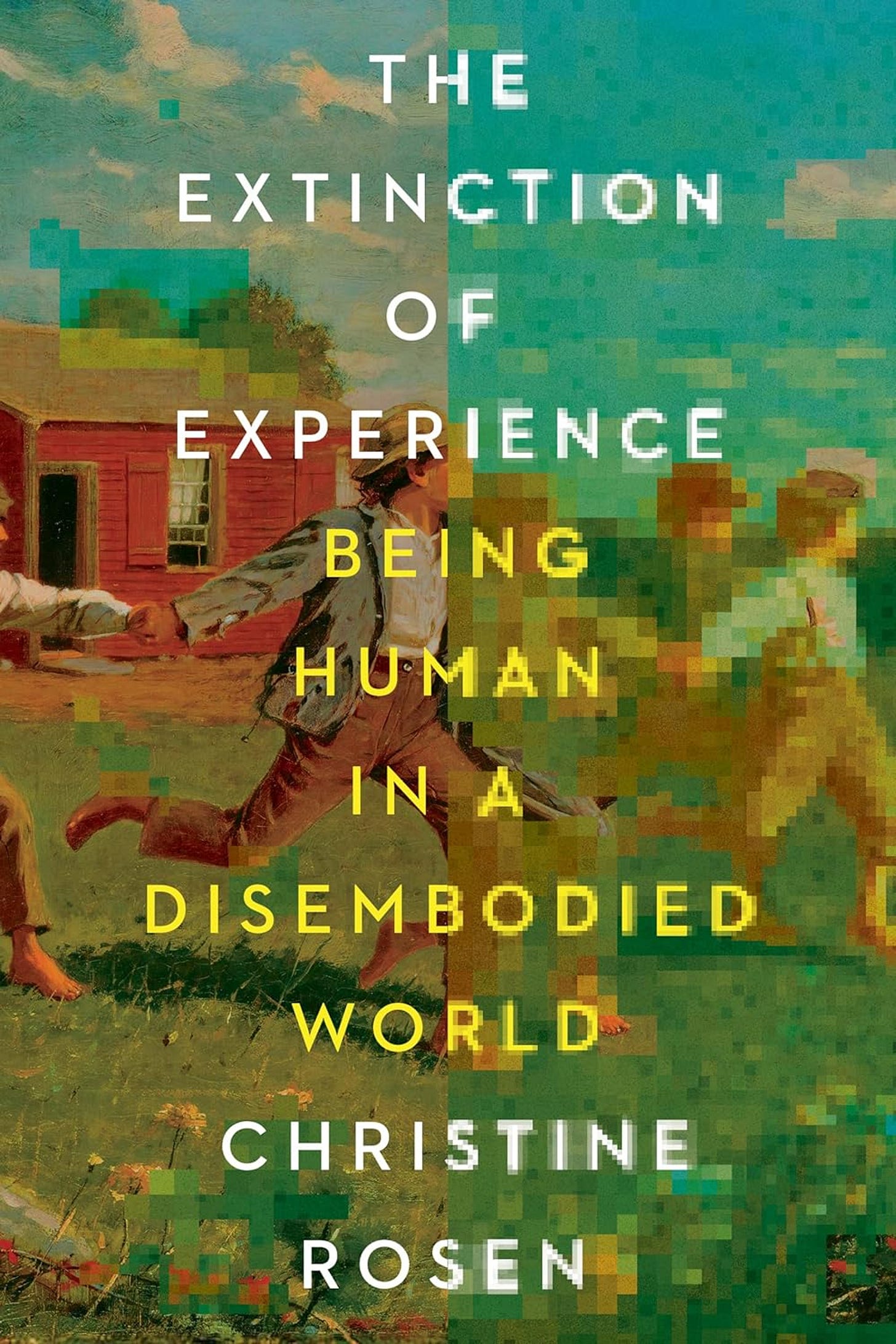
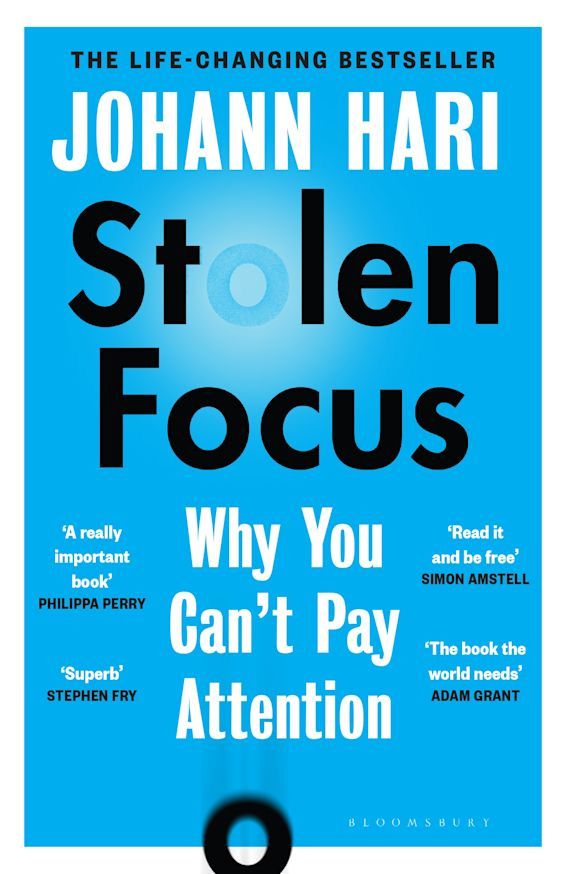
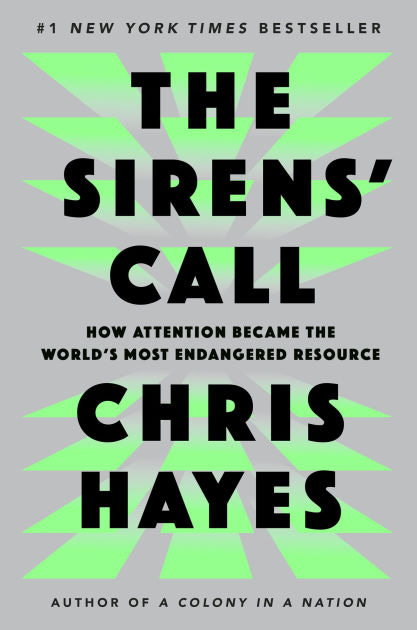
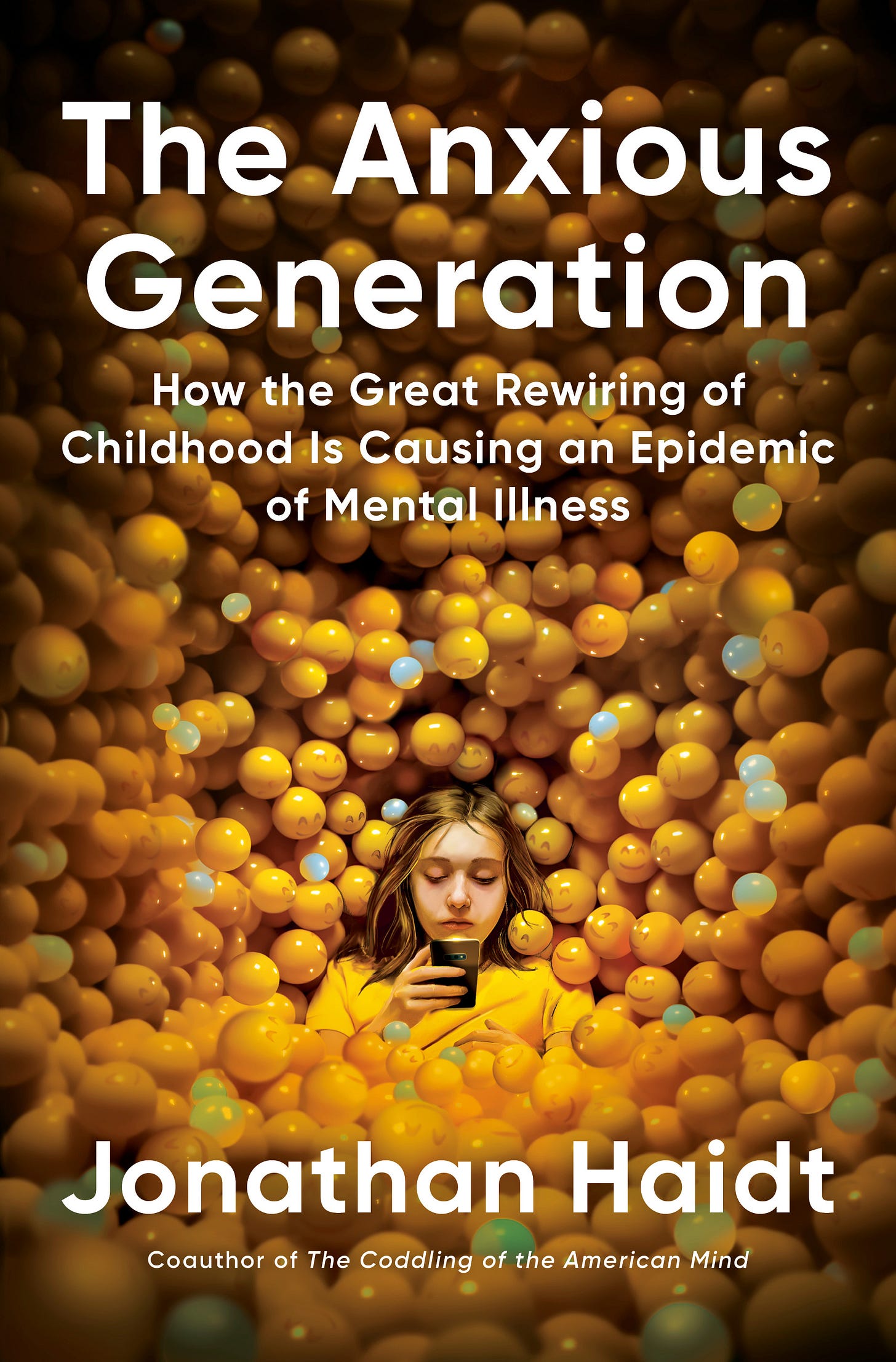
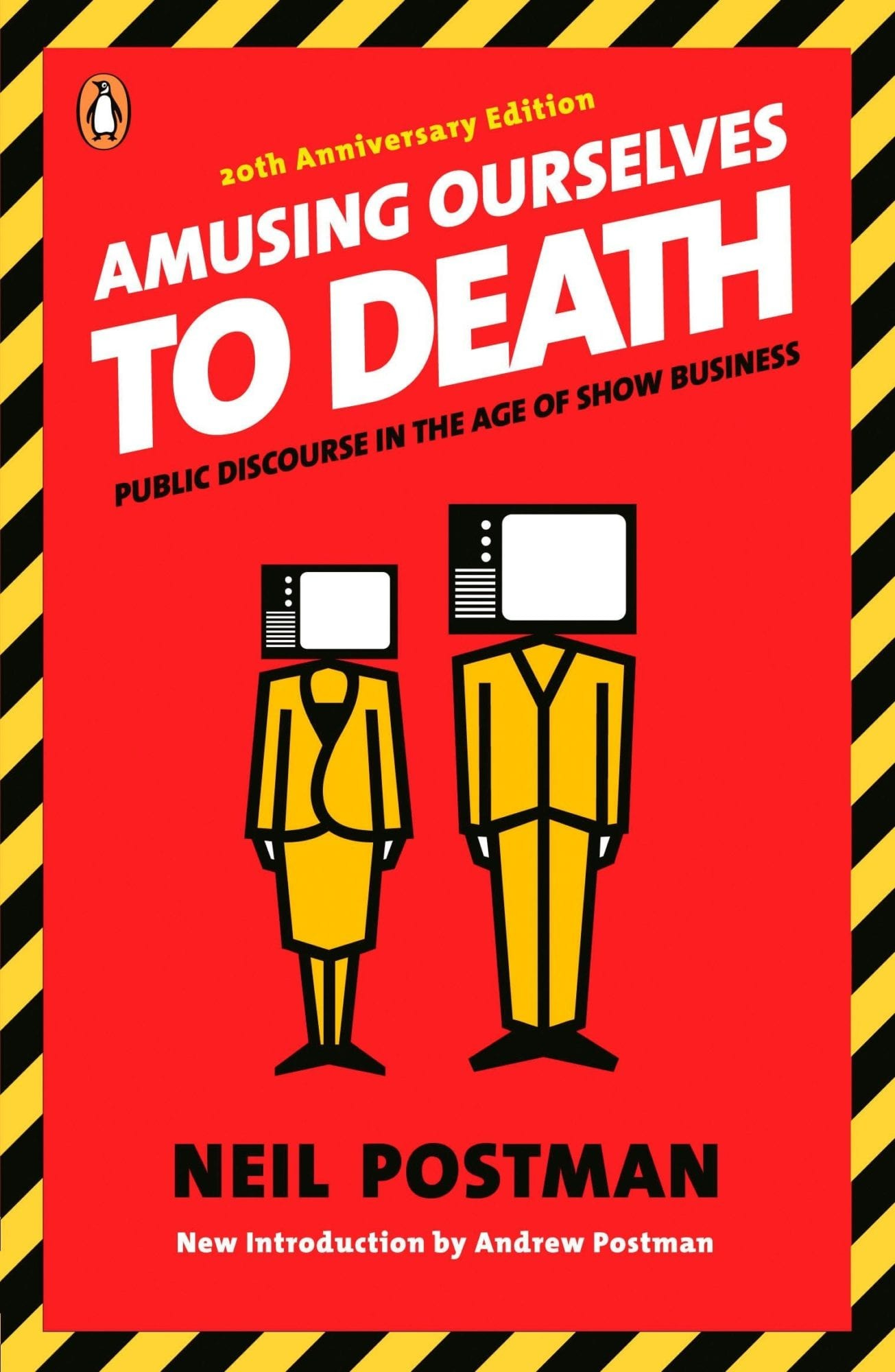
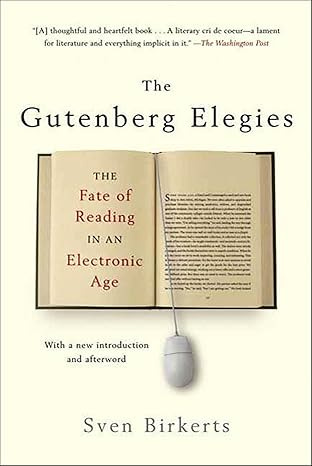
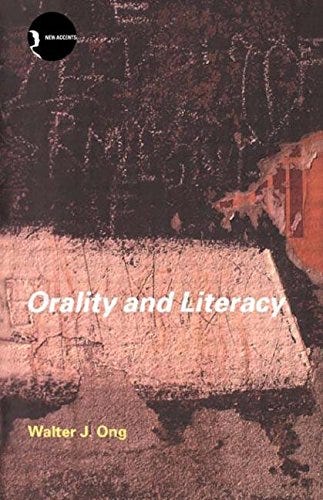
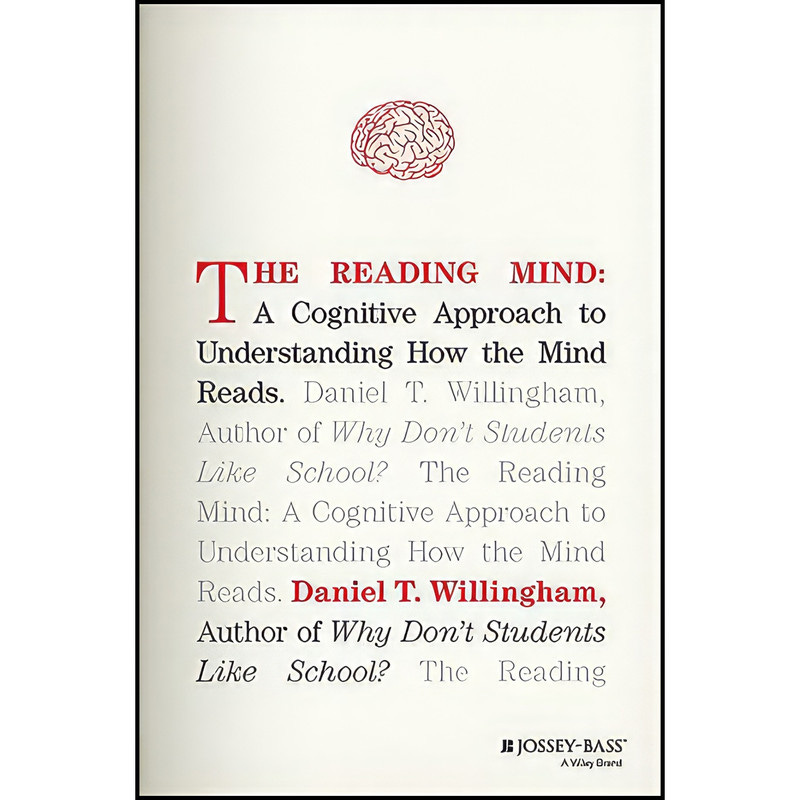
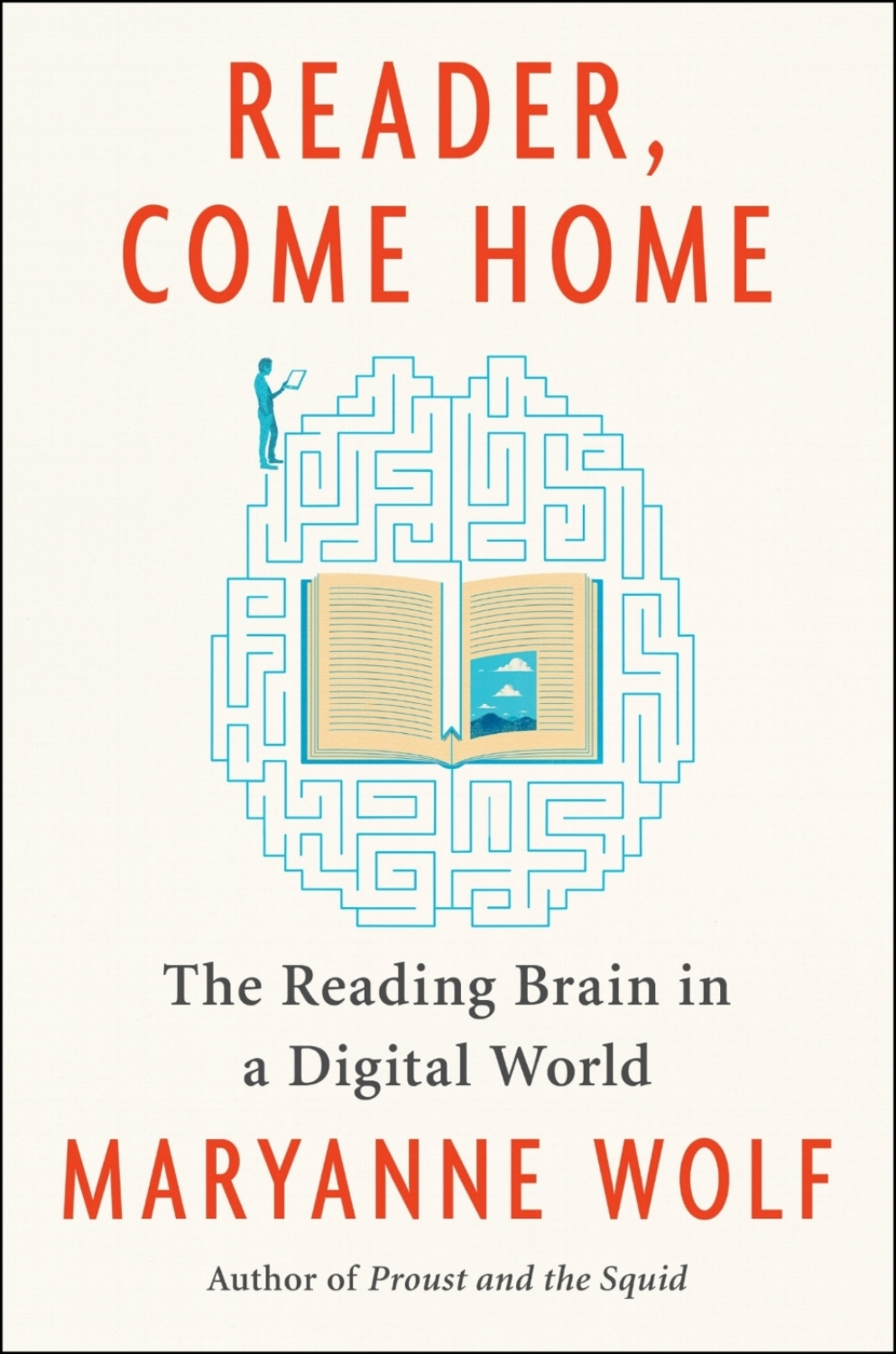
While I know this was written before last week's terrible political violence, your message couldn't be more timely: we all need to be able to "linger in difficulty" and reject "blind moral certainty" in order to co-exist. And the deep reading of actual books, not the dopamine-fuelled frenzy of social media, may be the only path to doing so.
For anyone interested, there's a very intriguing recent post on Jay van Bavel's substack, "The Power of Us," on an experiment with reading nonfiction books to see if they create more prosocial habits and reduce polarized attitudes. It's an ongoing experiment. (It's well-known that reading fiction produces habits of empathy, but we don't have as much evidence about reading nonfiction).
https://www.powerofusnewsletter.com/p/can-reading-a-book-make-you-a-better?utm_campaign=email-half-post&r=7x0hx&utm_source=substack&utm_medium=email